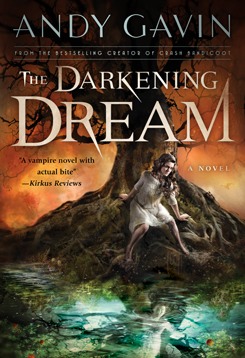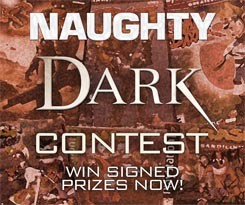 I’m always reading books on writing and storytelling. In fact, I read three this week. One of them was Save the Cat by the late Blake Snyder. This post isn’t a review per se of that book, but more some mental ramblings on issues it raised.
I’m always reading books on writing and storytelling. In fact, I read three this week. One of them was Save the Cat by the late Blake Snyder. This post isn’t a review per se of that book, but more some mental ramblings on issues it raised.
First an observation about the nature of “advice” books and the possible career of sceenwriter. Mr. Snyder was (he unfortunately died suddenly recently) a noted screenwriter, having sold over a dozen major spec scripts, at least two for over a million dollars each. He worked on roughly 100 screenplays in some capacity. Yet, only two of these have even been made into movies.
Eeek gads! If this is success as a screenwriter it has to be creatively bankrupt. Unlike novels, screenplays aren’t a medium themselves. In fact, I find them boring as shit. They’re just a weird but essential initial sketch of a film. Now don’t think I consider them unimportant. A production can easily ruin a great script, but it’s exceedingly rare to take a bad one and make a good movie out of it. They’re certainly the single most important element of any film. Great screenwriters add immeasurably to a film. Look at the different between Empire Strikes Back and Phantom Menace. Personally I think it was Lawrence Kasdan or some other writer who was NOT George Lucas.
In any case, having almost none of your creative work see the light of day has to be depressing. I’m also guessing that in recent years Mr. Snyder made more money selling his books/lectures/advice ABOUT writing screenplays than in actually writing the things. Hehe.
But that was what I intended to write about. Save the Cat is essentially a book about making your story (screenplay) correspond fairly rigidly to the classic Hollywood three act structure. It even goes so far as to break (every) film into roughly a dozen beats and assign exact page numbers in which they should occur. For example: “theme stated” (page 5) or “catalyst” (page 12). All of this can be found on his website.
Now there is some real merit to this structure and it’s certainly very useful and entertaining to be able to breakdown movies like this. In fact, if you want a giggle go to this page where you will find a breakdown of the guilty-pleasure comedy The Wedding Crashers. It’s highly amusing to see a film this silly (but admittedly funny) stripped down to include a Hegelian thesis/antithesis/synthesis dialectic. And I do admit if you are trying to write and sell high concept comedies in today’s marketing executive driven world, this whole formula has to be the way to go.
But I wonder how useful it is to try and fit EVERY story into this exact mould. You could say actually that Save the Cat represents a thesis: yes all movies should follow this fixed structure. The antithesis of course is that interesting ones, the example he uses is Memento, should not. Now Mr. Snyder’s conclusion is literally “Fuck Momento!” (actual quote from the book). But I think that Christopher Nolan is laughing to the bank — just not on that film! — he had to remake it using dreams inside of memory loss.
I myself am thinking that a synthesis is in order. A new universe blending both perspectives. The classic structure does encapsulate A LOT of solid lessons about audience expectations for story telling. Perhaps one should use it more as a toolbox or set of guidelines.
This is specifically relevant in my new novel, Untimed. It does to a large extent follow the classic structure (although certain not with such rigid page number demarkations). But there are questions. I have two ideas in the book that could be considered thesis and antithesis, but their advocates are far more muddled than formula would require. Do I restructure and state each in a more obvious way? Likewise, as is typical with me, my ending does not neatly wrap up all questions, villians, and the like. There is climax, but it’s messy. I like ambiguity, and I have gone to great length to construct a world order sufficiently complex that not all mystery is to be solved in one book. Doing so leads to the standard Hollywood sequel problem, where the followups are just more of the same but missing the best part: the discovery inherent in beginnings. If you haven’t answered all the questions, there is still more to learn.
But a squeaky voice in the back of my head wonders: do I need a more Hollywood ending?
Food for thought.
For other posts on writing, click here.
Or find out about my novels:




